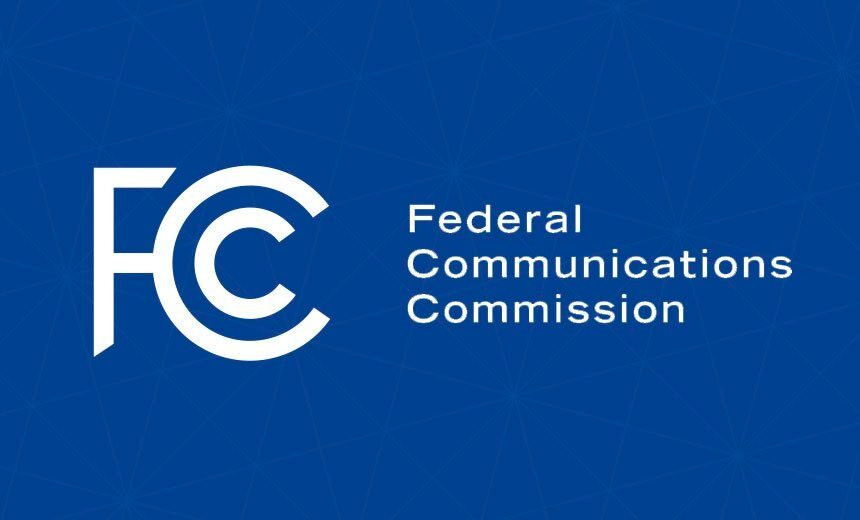FCC Streamlines Satellite Application Processing
The Space Innovation Agenda Supports U.S. Leadership in the Space Economy
The Federal Communications Commission has adopted new rules to expedite its processing of space and earth station applications to meet the growing needs of today’s commercial space sector. As communications and other services increasingly rely on advanced space-based technologies, the agency is adjusting its processes to meet the demands of the new Spac…




